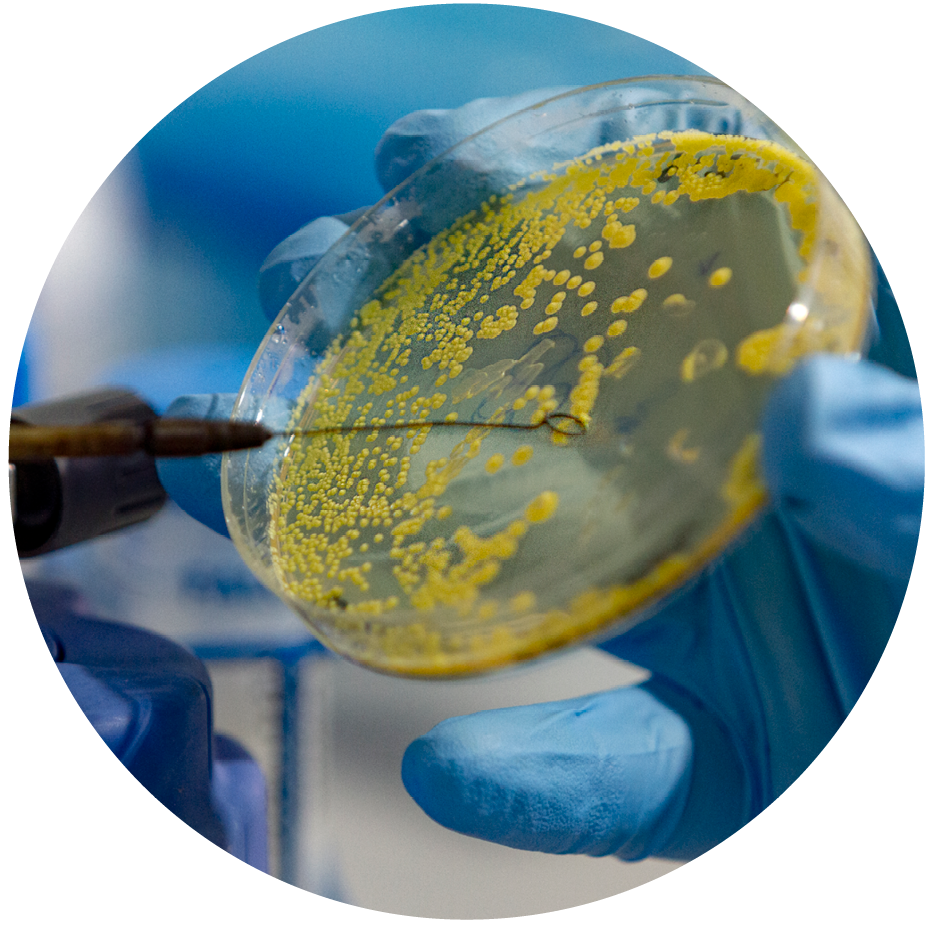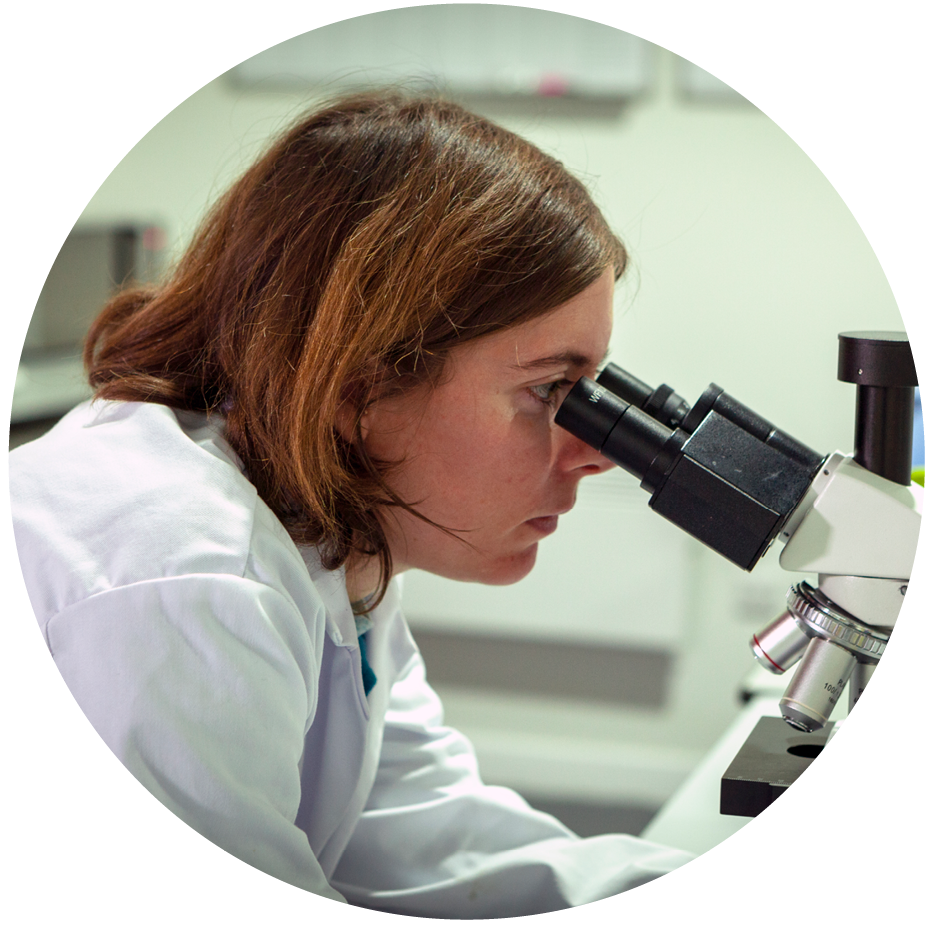
MiAlgae
Seeing a business opportunity between the whisky and aquaculture industries, MiAlgae is making moves on commercial micro algae production.
MiAlgae is sitting just where a circular economy business should – right in the middle of things. This young Edinburgh-based company is taking nutrient by-product from whisky distilling and using it to grow omega-3-rich microalgae. The algae can be processed and sold as a rich feed supplement. It’s a great example of circular economy working where a low value product is turned into a high value product.

What inspired your circular idea?
CEO, Douglas Martin, set up MiAlgae in 2016 while studying for an MSc in Synthetic Biology and Biotechnology at the University of Edinburgh. He was inspired after witnessing an algal bloom out at sea when he was working for the offshore wind industry. If excess nutrients could create problematic algae in the wild, perhaps he could use a nutrient source to grow good algae in the lab?
Fish farms currently use wild-caught fish to provide protein for growing salmon. Algae provide an ideal alternative ingredient. It can be produced as needed in line with the demands of the industry as it grows. But aquaculture is just one potentially lucrative market. Others include the pet food and nutraceutical markets.
“That idea of creating an algal bloom in containment with the right algae was where it started,” says Martin.
“I wanted to start a company that made money while doing some good in the world. I’ve always been interested in fish and aquaculture, and I knew there was a need for good sustainable feed.”
Building a business
Martin and his team at MiAlgae have spent the last three years developing and refining a process for producing microalgae. The process works with an absence of light. It uses liquid-based by-products from various food and drink industries. The nutrient source is key. Algae production needs a reliable supply of feedstock. This makes networking and building partnerships as crucial to MiAlgae as the lab work. Circular economy businesses cannot thrive in isolation.
Collaboration is key
“You’re very reliant on partners and their commitments to you when you’re working in the circular economy,” says Martin. “It invariably means sitting in the middle of two industries. We have a supply customer and a product customer. You have to keep both sides happy and ensure that what you’re doing for one doesn’t impact on what you’re doing for the other.”
“If your partner or customer finds a more economically beneficial way to operate, it can really leave you in hot water. It’s more intrinsically linked than a regular supply chain. Partnerships for us are absolutely critical.”
Born in South Africa to Scottish parents, Martin has found the business environment in Scotland conducive to developing such partnerships. The social culture is one in which, for the most part, everyone has a willingness to help. And everyone seems to be connected in some way, which makes networking easier. It helps that Martin isn’t shy about getting out there and talking about his business. Or that he won the Shell LiveWIRE Young Entrepreneur of the Year in 2018.
“MiAlgae is an innovative and inspiring company. They’re open and transparent about what they do and receptive to new collaboration opportunities,” says Amanda Ingram, Zero Waste Scotland’s Sector Manager for the Bioeconomy. “This has really helped them make fast progress and test the waters with different partners.”
Business sense
Martin wasn’t defining MiAlgae as a circular economy business when he set it up. Like others in the circular economy, he was simply pursuing an opportunity. That opportunity just happened to sit in between different industries and be the epitome of circular.
“It’s a good business model that happens to be circular,” says Martin. “There are a lot of companies with good ideas but they don’t have the economics behind them to scale up. Your product could be really good for the environment but if it doesn’t make money, then it can’t be a business.”
It’s not surprising that his advice for others echoes that of many a business owner.
“You have to be passionate and committed,” he says “You can have an innovative idea but at the end of the day you’re going to have to roll your sleeves up, get dirty, and work really long hours.”
Getting dirty for a cleaner, healthier world. It’s all worth it to see algae grow safely and the business bloom.

